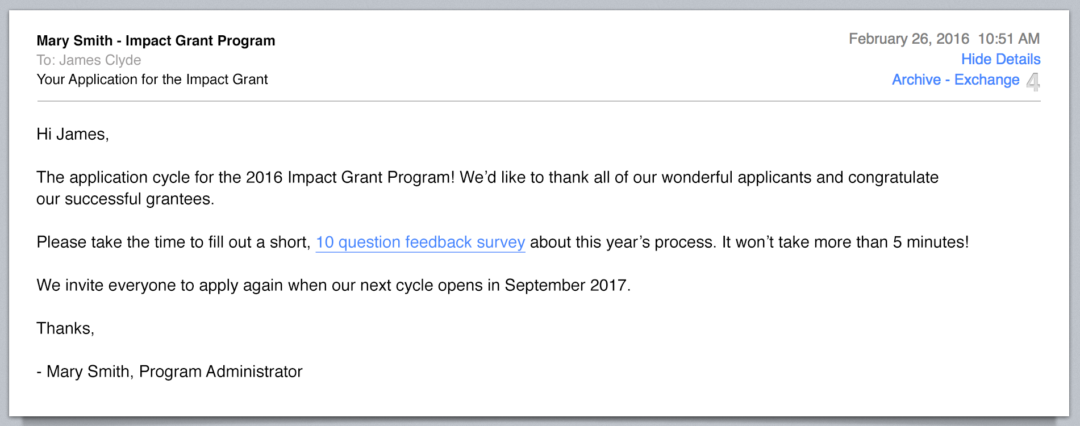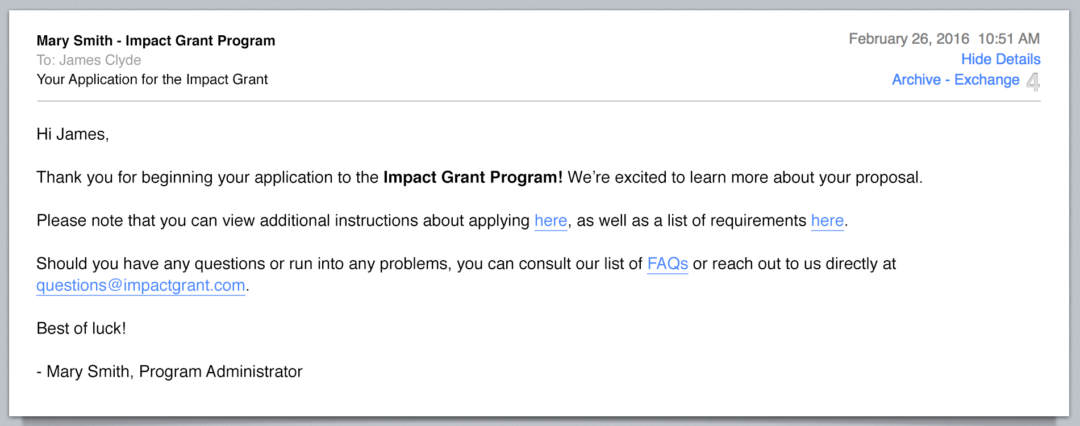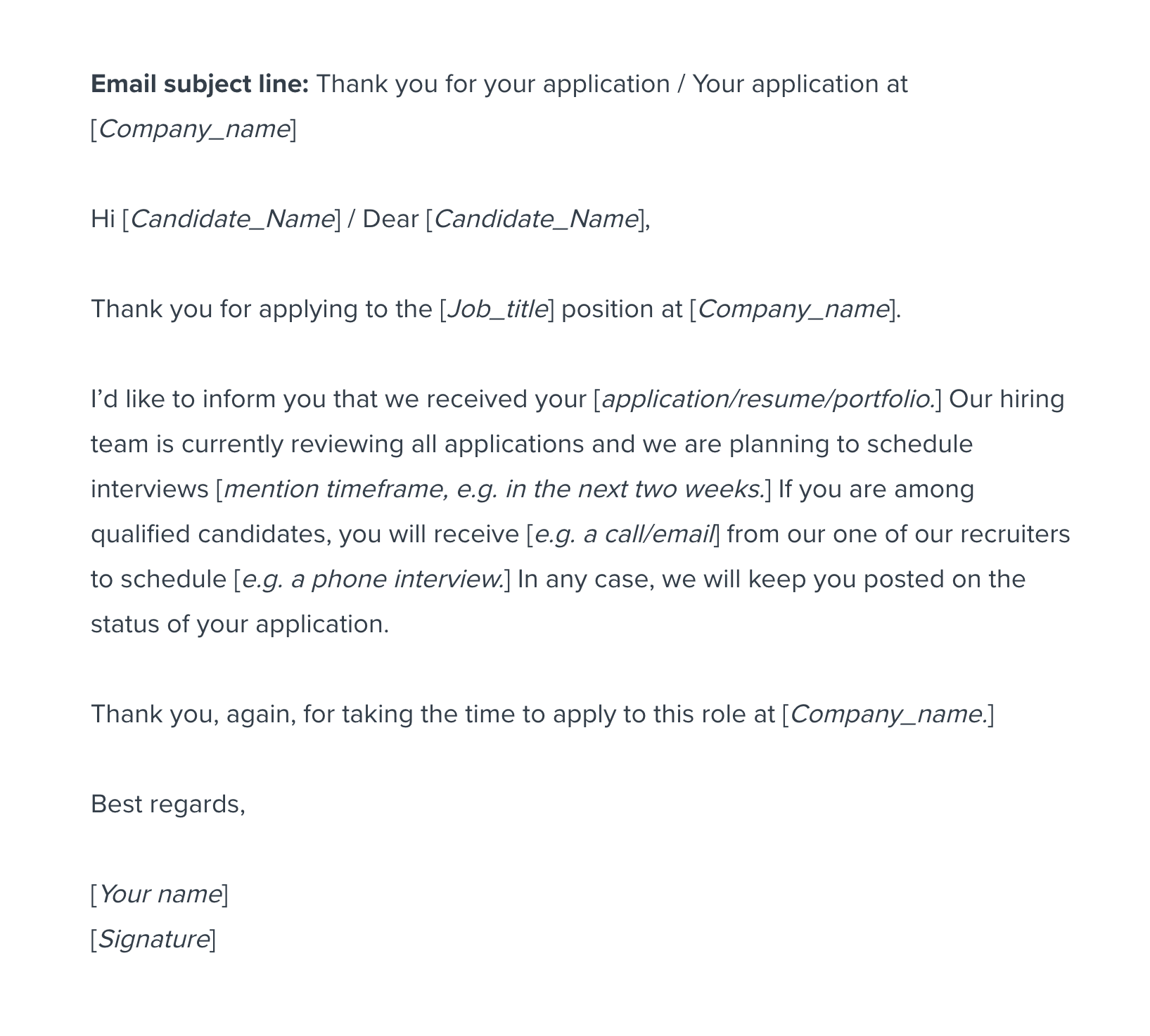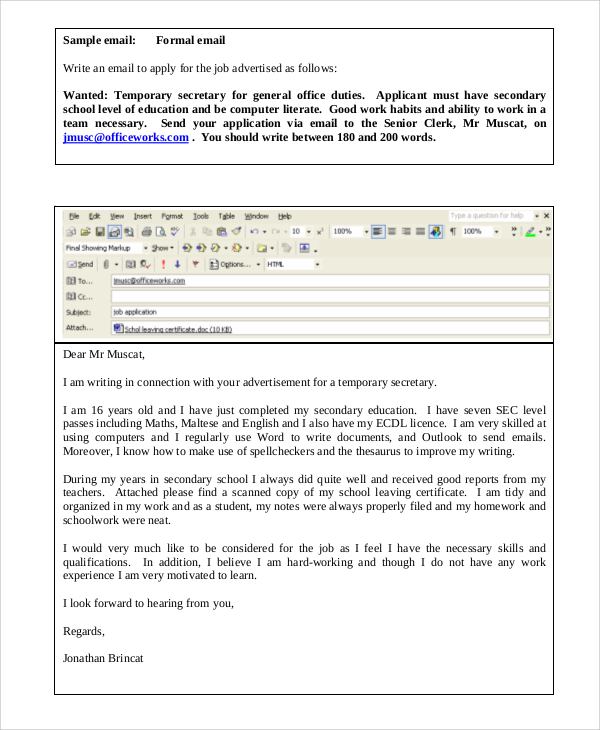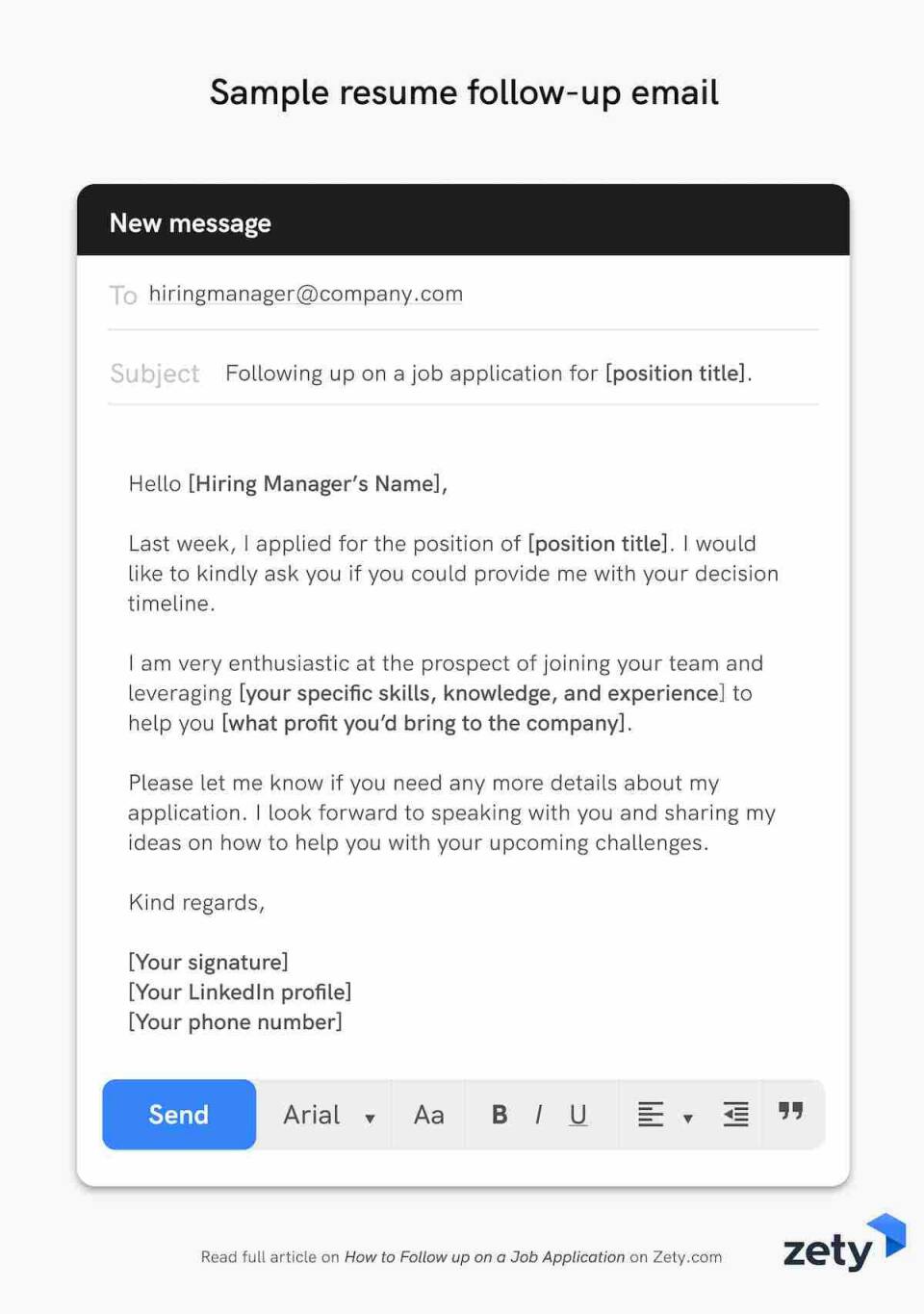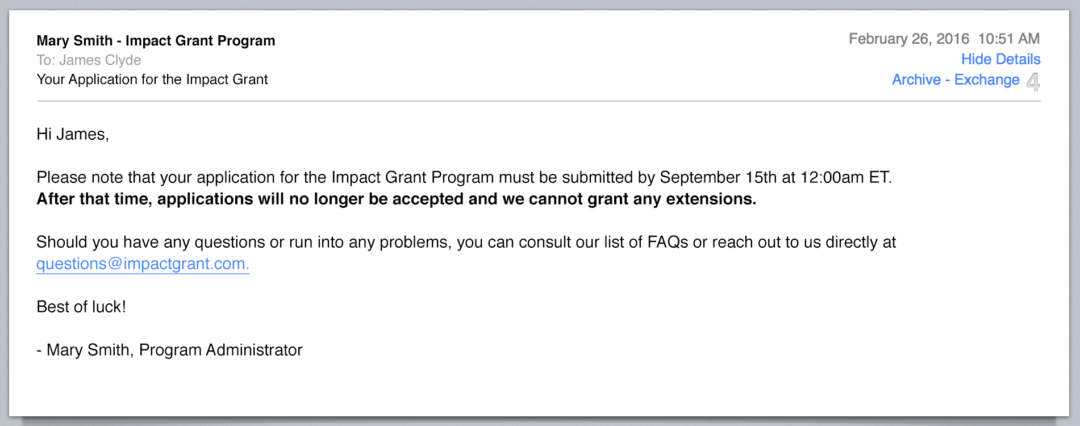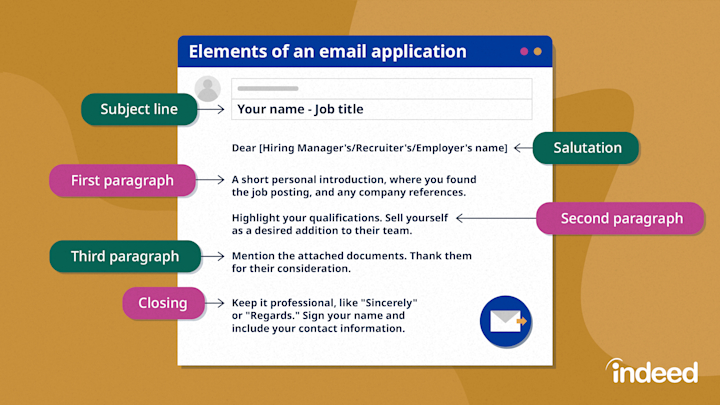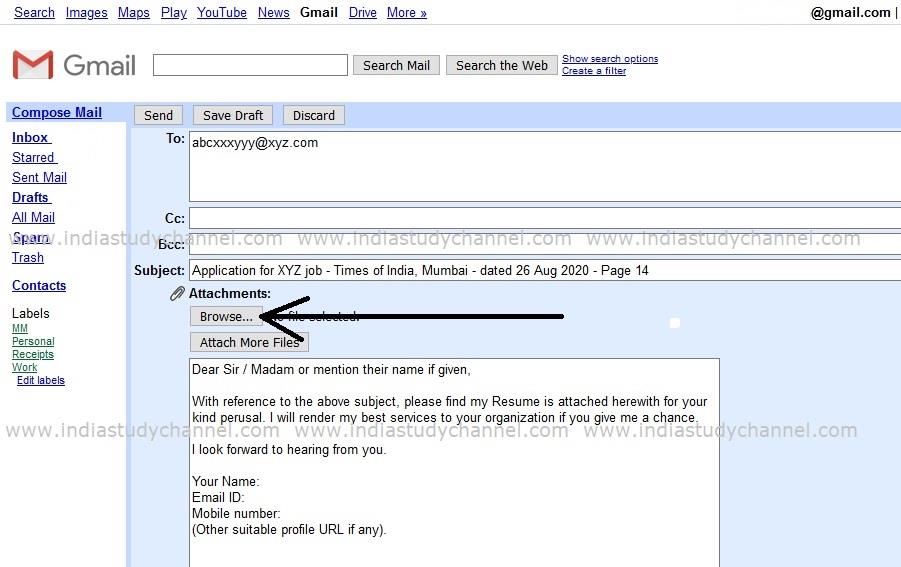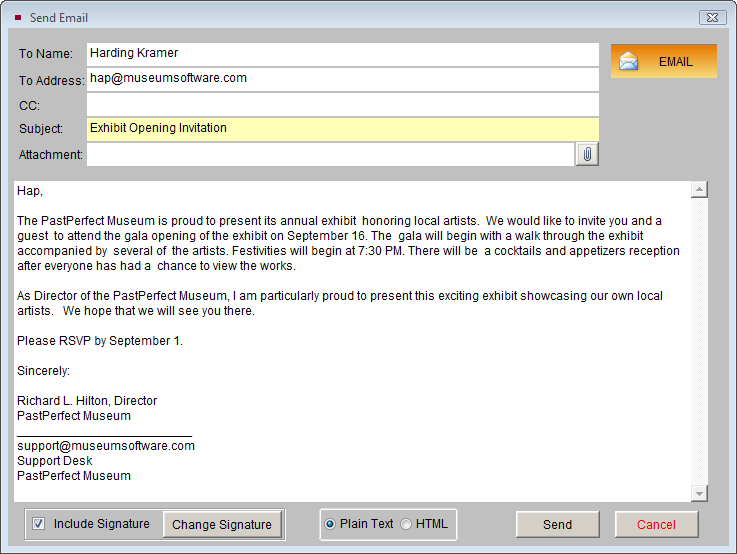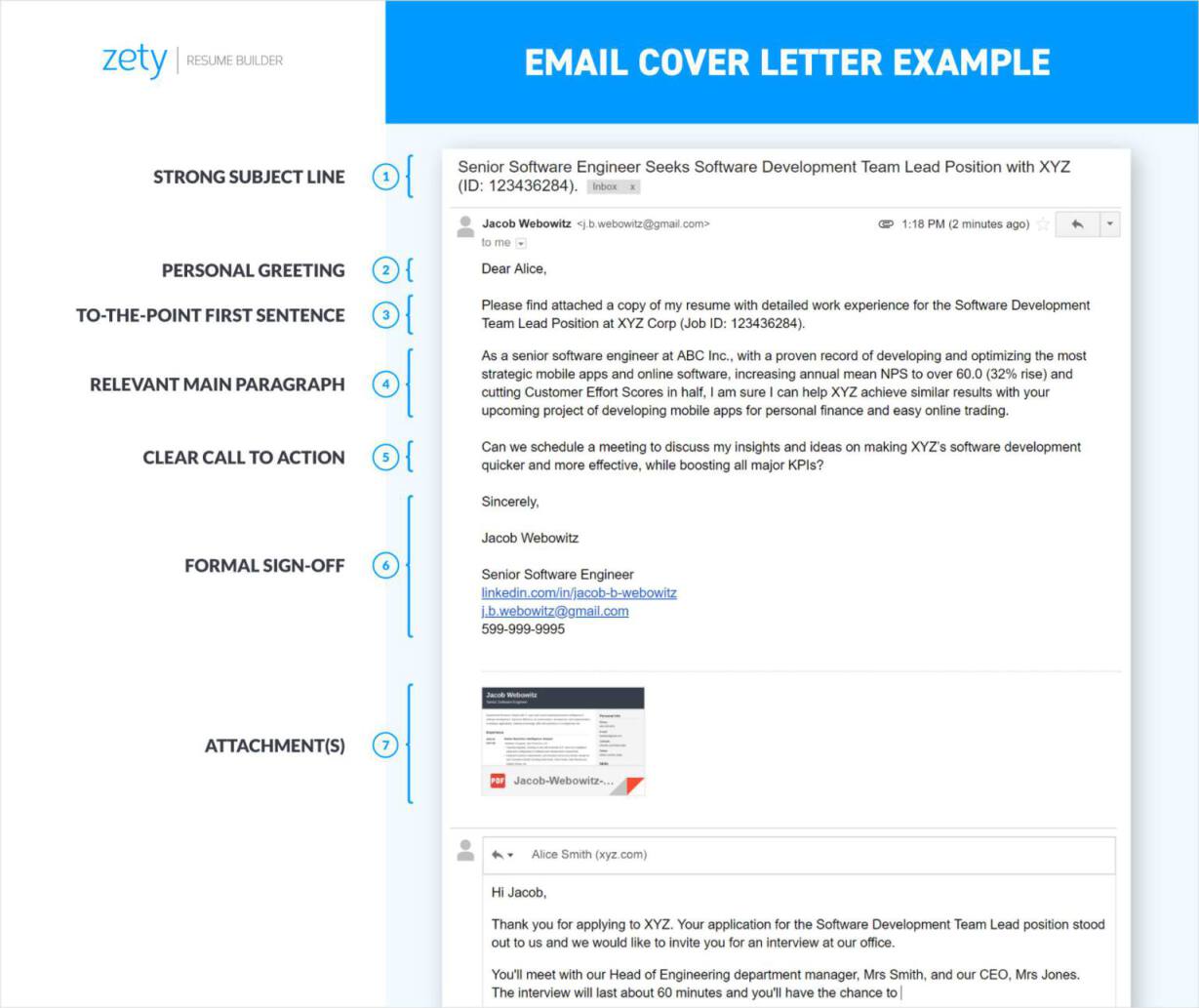How To Fill Out An Application Sent Through Email
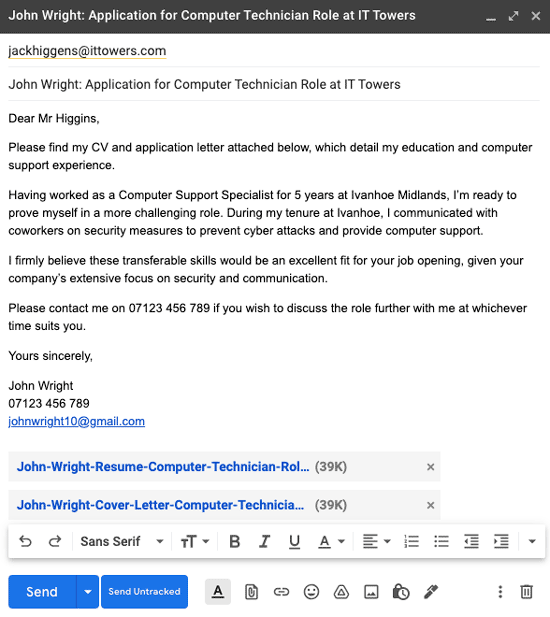
Navigating the modern job market often involves receiving applications via email, a convenient yet sometimes confusing process. Understanding how to properly complete and return these applications is crucial for making a positive first impression and maximizing your chances of success. Many find the digital format easier, while others struggle with it.
This article provides a clear, step-by-step guide on effectively filling out and submitting applications received through email. From downloading the document to ensuring its secure return, we'll cover the essential aspects to help you ace the application process. This guide is useful for both jobseekers and applicants of any program.
Understanding the Application Format
The first step is to identify the application format. Common formats include Microsoft Word (.doc or .docx), PDF (.pdf), or occasionally, online forms linked within the email.
If it's a Microsoft Word document, you'll likely be able to directly edit it. A PDF may require a dedicated PDF editor or the "fill and sign" functionality found in many modern browsers.
If the application is an online form, the process is usually straightforward, involving clicking the link and filling in the required fields directly on the webpage.
Step-by-Step Instructions
Begin by carefully reading the email instructions. The sender may have included specific guidelines regarding the application process, file naming conventions, or submission deadlines.
Next, download the application form to your computer. Choose a location you can easily remember, such as your desktop or a dedicated "Applications" folder.
Open the document using the appropriate software. For Microsoft Word, double-click the file. For PDF, use Adobe Acrobat Reader or a similar program.
Filling Out the Application
Carefully read each question before answering. Ensure your responses are accurate, concise, and relevant to the position or program you're applying for.
Use proper grammar and spelling. Proofread your answers before moving on to the next section.
If the application requires attaching additional documents such as a resume or cover letter, prepare these beforehand. Ensure they are saved in a commonly accepted format like PDF.
Saving and Naming the Completed Application
Once you have completed the application, save it with a clear and descriptive file name. The sender may specify a particular naming convention; if not, use something like "YourName_Application_PositionName.pdf" or "YourName_Application_PositionName.docx".
Save the file as a PDF to preserve formatting and ensure compatibility. This can usually be done through the "Save As" or "Export" options in your word processor or PDF editor.
Returning the Application
Reply to the original email, or compose a new email if specifically instructed. Attach the completed application to the email.
In the email body, reiterate your interest in the opportunity and thank the sender for their time and consideration. Be professional.
Double-check that you have attached the correct file before sending. This avoids potential embarrassment and shows attention to detail.
Consider sending a follow-up email a few days later if you haven't received confirmation of receipt. This demonstrates your enthusiasm and proactive approach.
Key Considerations
Security is paramount when handling sensitive information. Ensure your computer is protected with up-to-date antivirus software.
Be mindful of deadlines. Submit your application well before the stated deadline to avoid any last-minute technical issues.
Print a copy of your completed application for your records. This can be helpful for future interviews or reference.
By following these guidelines, applicants can confidently navigate the process of completing and submitting applications received through email. A well-prepared and professionally submitted application significantly increases your chances of making a positive impression and moving forward in the selection process. Remember to always proofread your application and cover letter before sending.
